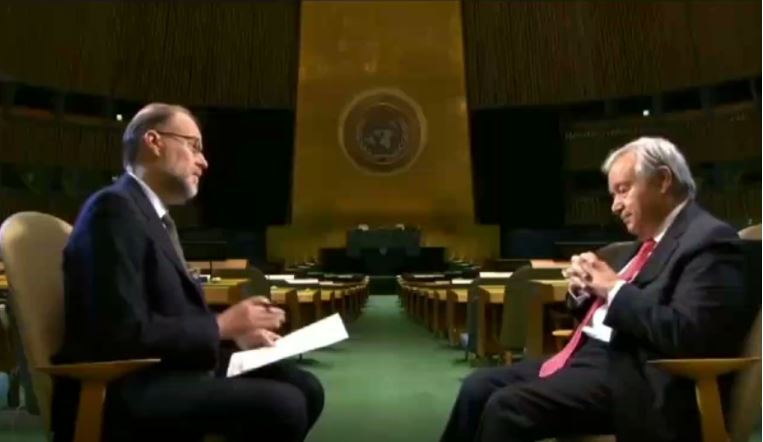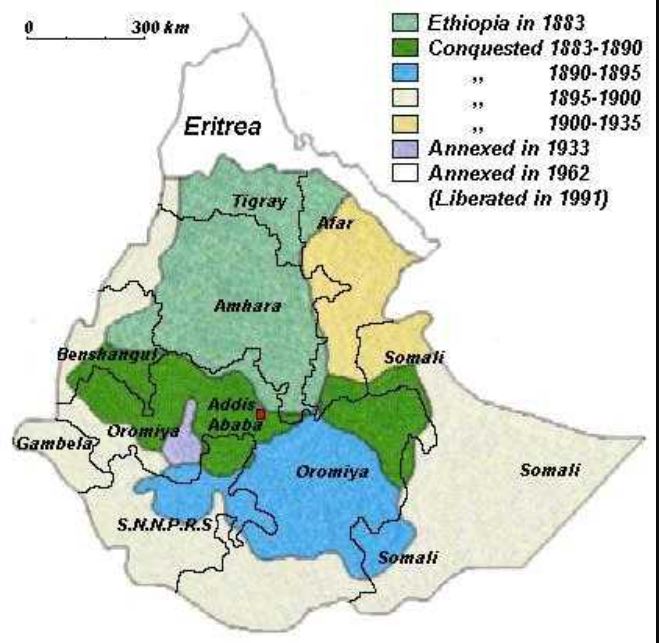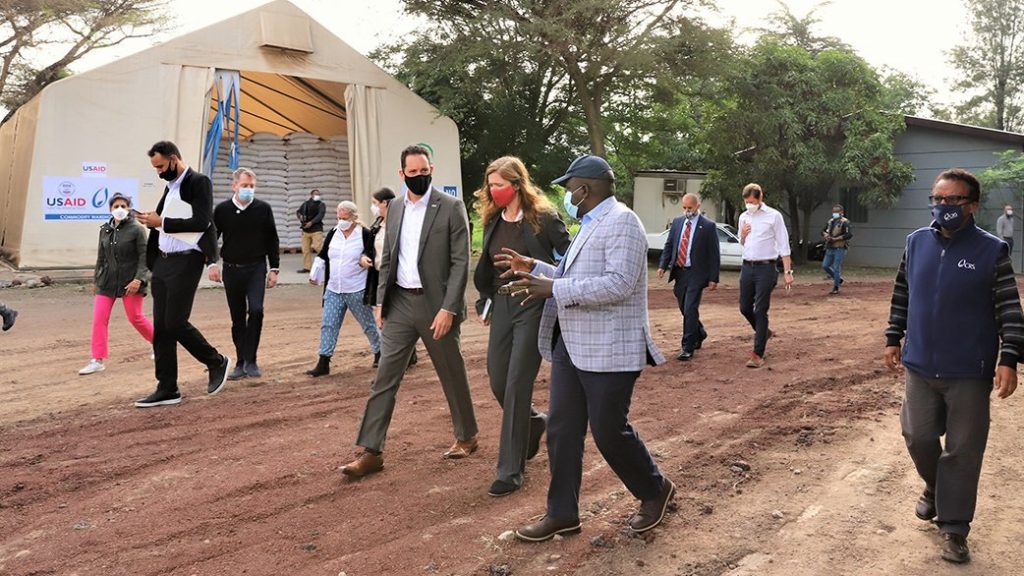
Today what we see happening in Ethiopia is just another example of how forced assimilation without real benefit to the assimilated can lead to tragedy and de-evolution of society. My view of what the UN Secretary General said is that he and other world leaders now realize that Ethiopia will never return to what it was? I do not think this is much different then what the Tigray leadership feels about the future? They have purposed a referendum be held after the military engagement is ended for the people to decide whether they want to stay affiliated with Ethiopia or become “independent”.
The current regime of Abiy Ahmed has failed to create a peaceful coexisting multicultural state. The rhetoric of a vastly expansive nation of many ethnic groups existing for centuries you hear from Amhara elites about Ethiopia history is misleading. Most of the territorial expansion of Ethiopia where many subjugated ethnicity and religious groups were conquered occurred since the mid 19th century. They were different then the original Amhara and Tigray Semiticly derived populations. Frequently these groups have been a source of recurrent instability and rebellion. The dominant culture of the Amhara dictated language, religion, status, eligibility for education, political leadership, and development opportunities in the conquered regions.

The history of the world is full of stories of conquest and assimilation. Sometimes this assimilation is totally immersive and complete. For example the story of the exodus from Egypt really involved only a small group of Hebrews but was adapted to be a essential part of the whole Jewish history and tradition because of what it represented. Other times incomplete assimilation occurs where vital elements of the dominating culture are accepted by the minority to assure its well being or even survival. For example in the United States can American citizen can exist with cultural identity of a foreign nation. Unfortunately even in the USA this does not come with complete acceptance. The progressive ideals of the Western democracies have tried to create the concept of a “multicultural society” allowing many differences but sharing concepts of individual freedom and cultural identity. Unfortunately this has frequently fallen short of what is reality.
Just today we hear that severe fighting has broken out in Gondar between Amhara militia and Ethiopian National Defense Force fighters. Already numerous ENDF have been killed by Amhara forces when they wanted to surrender or retreat from the TDF. Thousands of Oromo people gather in the streets to celebrate the fast advancing and fast growing Oromo Liberation Army whose rises comes out of memory of being treated as second class citizens even slaves deprived of the opportunity to develop their homeland. Somali and Afar regions are going against the ancient rule that Muslim should not kill Muslim has the current chaos has brought to light again long standing feuds over water and land.
In summary, it appears the old Ethiopia will not return. Like Yugoslavia we will see a metamorphosis into a new collection of states who hopefully I pray when the fighting is over can find a way to live peacefully with each other.


